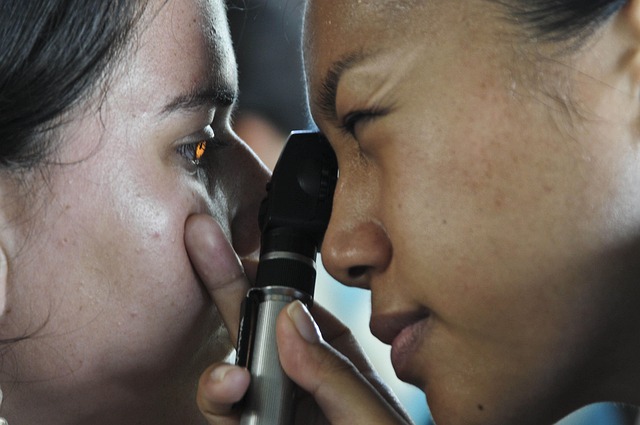5 Signs You May Have Amyloidosis-What to Watch For
Amyloidosis is a rare but serious condition caused by the buildup of abnormal proteins—called amyloids—in organs and tissues throughout the body. Over time, this buildup interferes with normal function, potentially affecting the heart, kidneys, liver, nerves, and digestive system. Because its symptoms often mimic other illnesses, early recognition is critical. Understanding the warning signs of amyloidosis can lead to earlier diagnosis and improved treatment outcomes.

What is Protein Buildup and How Does it Affect Your Body?
Amyloidosis occurs when abnormal proteins misfold and create deposits in various tissues and organs. These protein buildups, called amyloids, gradually accumulate and disrupt normal organ function. Unlike normal proteins that dissolve in the body, amyloids resist breakdown and continue to accumulate over time. This progressive buildup can affect multiple organs simultaneously, making early detection crucial for better treatment outcomes.
How Does Fatigue and Weight Loss Signal Amyloidosis?
One of the earliest and most common signs of amyloidosis is persistent fatigue that doesn’t improve with rest. This exhaustion often accompanies unexplained weight loss, even when eating habits remain unchanged. Patients may lose 10-15 pounds over several months without trying. These symptoms occur because the protein deposits interfere with normal organ function and the body’s ability to process nutrients effectively.
Why Should You Monitor Swelling in Extremities?
Swelling in the legs, ankles, and feet (edema) is a significant indicator of potential amyloidosis. This swelling occurs when amyloid deposits affect the heart or kidneys, leading to fluid retention in the body’s tissues. The swelling typically worsens throughout the day and may be accompanied by shortness of breath, especially during physical activity.
What Does Numbness and Tingling Tell Us?
Peripheral neuropathy, manifesting as numbness, tingling, or burning sensations in the hands and feet, can be an important early warning sign of amyloidosis. These symptoms occur when amyloid proteins damage the peripheral nerves. The sensations typically begin in the toes and fingers, gradually spreading upward through the limbs. Some patients may also experience carpal tunnel syndrome as an early manifestation.
How Do Changes in Organ Function Indicate Amyloidosis?
Changes in organ function can manifest in various ways depending on which organs are affected. Heart involvement may cause irregular heartbeat, shortness of breath, and chest pain. Kidney problems often present as foamy urine or extreme fatigue. Digestive system involvement can lead to diarrhea, constipation, or feeling full quickly when eating. These symptoms may appear gradually but tend to worsen over time.
What Treatment Options Are Available?
Treatment for amyloidosis varies based on the type and severity of the condition. Current options include:
| Treatment Approach | Primary Benefits | Typical Timeline |
|---|---|---|
| Chemotherapy | Reduces abnormal protein production | 3-6 months |
| Stem Cell Transplant | May eliminate diseased cells | 6-12 months |
| Organ Transplant | Replaces severely damaged organs | Varies by organ |
| Supportive Care | Manages symptoms and complications | Ongoing |
Please note: Treatment costs can vary significantly based on the specific approach, insurance coverage, and healthcare provider. Independent research and consultation with healthcare providers are advised before making treatment decisions.
Recognizing the signs of amyloidosis early can significantly impact treatment success. If you experience persistent fatigue, unexplained weight loss, swelling, numbness, or changes in organ function, consult a healthcare provider for proper evaluation. While these symptoms can indicate various conditions, prompt medical attention is essential for accurate diagnosis and appropriate treatment planning.
This article is for informational purposes only and should not be considered medical advice. Please consult a qualified healthcare professional for personalized guidance and treatment.




